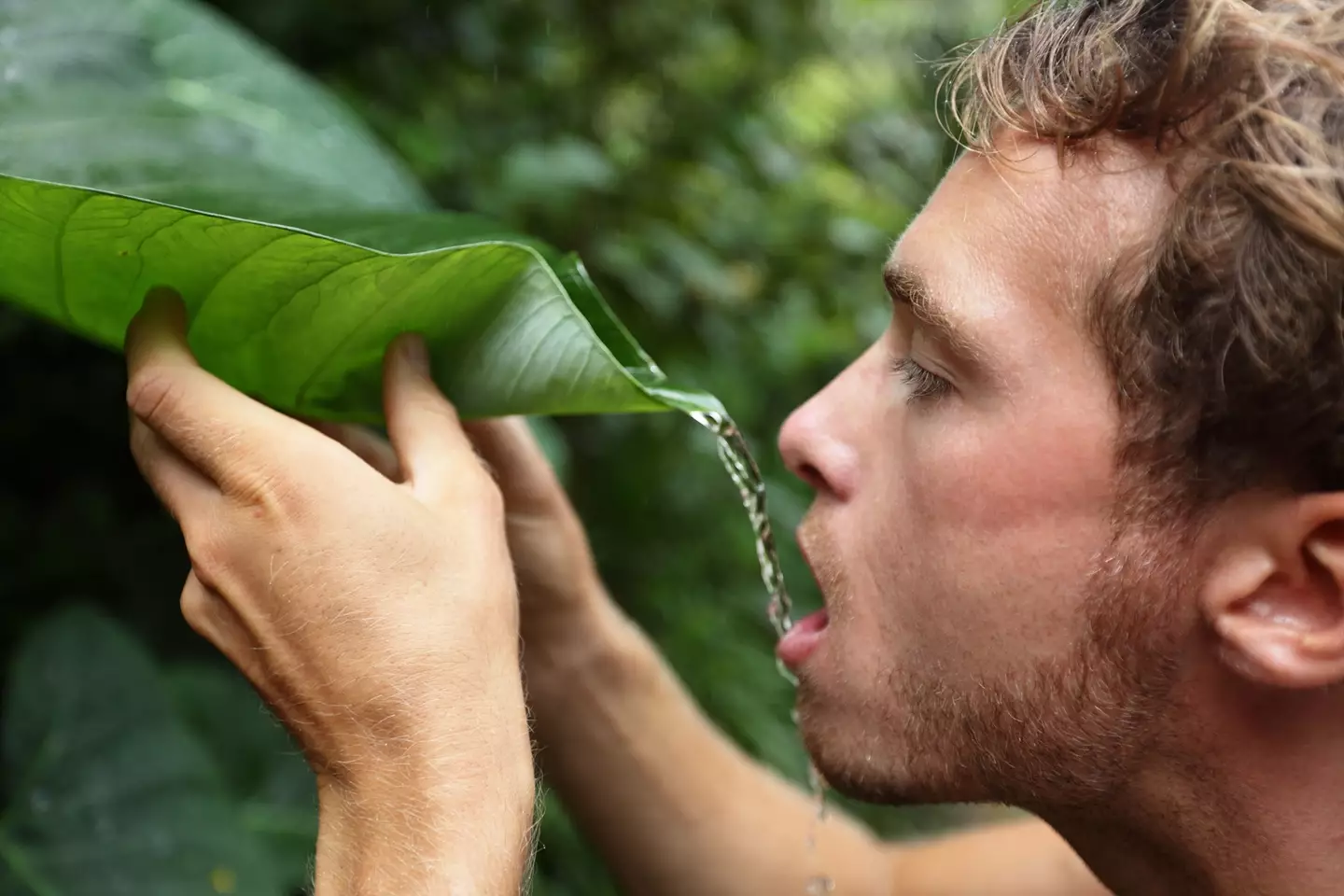
Rainwater from anywhere in the world is now too toxic for humans to drink, a new study has suggested.
Scientists have discovered higher levels of toxic ‘forever’ chemicals in rainwater, the chemicals are known as perfluoroalkyl and polyfluoroalkyl substances (PFAS).
The man-made chemicals are not only found in our external environment, but can be detected in everyday products.
"PFAS are everywhere, they are in almost all of us and they are in our environment", say pfasfree.org, who weren't involved in the research.
Advert
The environmental charity says PFAS have been found in products all over the world, 'recorded in air, water, sediment, plants and wildlife', suggesting they have also been found 'in rain, snow, groundwater, tap water, rivers, lakes and seawater'.

With regards to the study, titled 'Outside the Safe Operating Space of a New Planetary Boundary for Per- and Polyfluoroalkyl Substances (PFAS)', researchers found that level of PFAS in the environment remains around the same as it was 20 years ago, though guidelines regarding recommended limits have shifted dramatically.
Author Ian Cousins told AFP: "There is nowhere on Earth where the rain would be safe to drink, according to the measurements that we have taken.
"We have made the planet inhospitable to human life by irreversibly contaminating it now so that nothing is clean anymore. And to the point that’s it’s not clean enough to be safe."
PFAS have been around since the 1950s and were regularly used in nonstick cookware, stain-resistant fabrics, and waterproof clothing.
Although there are technologies that could help remove the chemicals, it would be difficult to implement on a large scale.
Cousins said 'there is not much that can be done except wait for decades for levels to decline'.

"We have made the planet inhospitable to human life by irreversibly contaminating it now so that nothing is clean anymore. And to the point that's it's not clean enough to be safe", Cousins added.
"We have crossed a planetary boundary", he said, referring to theory that measures Earth's capacity to absorb the impact of human activity. "We can't escape it... we're just going to have to live with it," he said.
"But it's not a great situation to be in, where we've contaminated the environment to the point where background exposure is not really safe."
If you have a story you want to tell, send it to UNILAD via [email protected]
Topics: Environment, World News